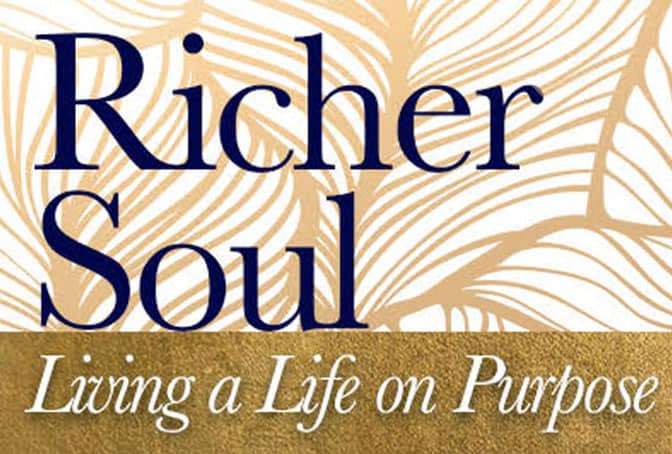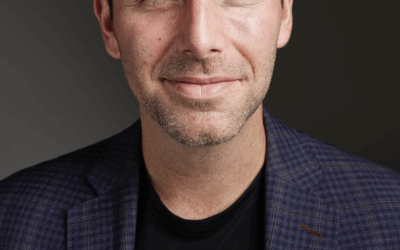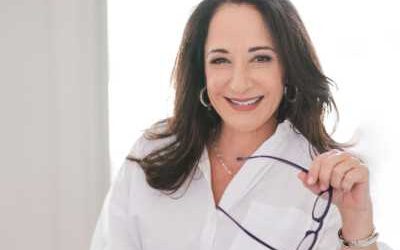
A short while ago, I lost track of some money. I guess with electronic banking and everything sent via email versus snail mail, things sometimes get lost in the world of spam. Having a good system to keep track of finances is important, but unfortunately in this case it broke down. I was able to get our accounts restored properly, but if I wanted to make changes I would have to pay a penalty. The CD’s are currently earning a whopping 0.1%
I have always had a great relationship with my bank. All of the employees I knew at my bank branch recently left, so I was unable to get the fees waived. Luckily, I knew someone at the VP level of the bank and was hoping that he could help. When I talked to him, I said that I had a lot of money in his bank and that I was hoping he could help get the fees waived. After all, isn’t the purpose of the bank to receive as much of my money as possible? That’s why his next question was so surprising: He asked me “How much money of OURS do YOU have?” I responded by saying that I used to have some but that I paid it all back. He seemed a little disappointed in my response. This got me thinking: I thought that he would be happy to have my money, but he would have been much happier if I had his money. See, my money sitting in their bank is a liability for them. The bank has to pay me interest for keeping my money. They only make money when I take some of their money and pay them back interest. They want to make sure that they provide me with the best service possible so that I borrow from them. Then they tell me that I deserve to have more and that I should borrow lots of money to pay for the needs and wants that I have.
This is why it’s so hard to get good financial advice. When everybody makes money off of your “assets” like your car (loan payments), who is going to rally for your best interest? Nobody is going to advocate for you keep your wealth if you could be giving it to them instead. We should start to think more like the banker and look at what we own that’s actually an asset, something that’s paying us money. On the flipside, what do we have that’s a liability that’s costing us money? Houses, cars, cell phones, and pretty much everything else we have are all liabilities. They cost us money now and they will continue to cost us money. When you look at your balance sheet, what do you have that is actually paying you money? It could be a retirement account, or real estate you rent out, or maybe you’ve invested in a business that actually pays you. For most Americans, the difference between abundance and scarcity is whether or not you own assets that pay you back.
Across the board, the deck is rigged against you. Everyone benefits from you spending and borrowing money, except for you of course. You may think that buying more stuff will make you happy, and if it does you should be totally ecstatic right now! However, if you are like most peoples, that happiness wears off long before the credit card bill or the monthly payments do.
So be smart like my banker: figure out what puts and keeps money in your pocket instead of taking money out of your pocket with the promise of “happiness.” It will lead you to an abundant life.
Action Step: Create a balance sheet to see what assets and liabilities you have. Here is a link to an online form: http://www.financialliteracymonth.com/30Steps/Step8.aspx (note: ignore the all personal property lines and realize that real property while an asset may actually be a liability if it’s costing you money.)





0 Comments